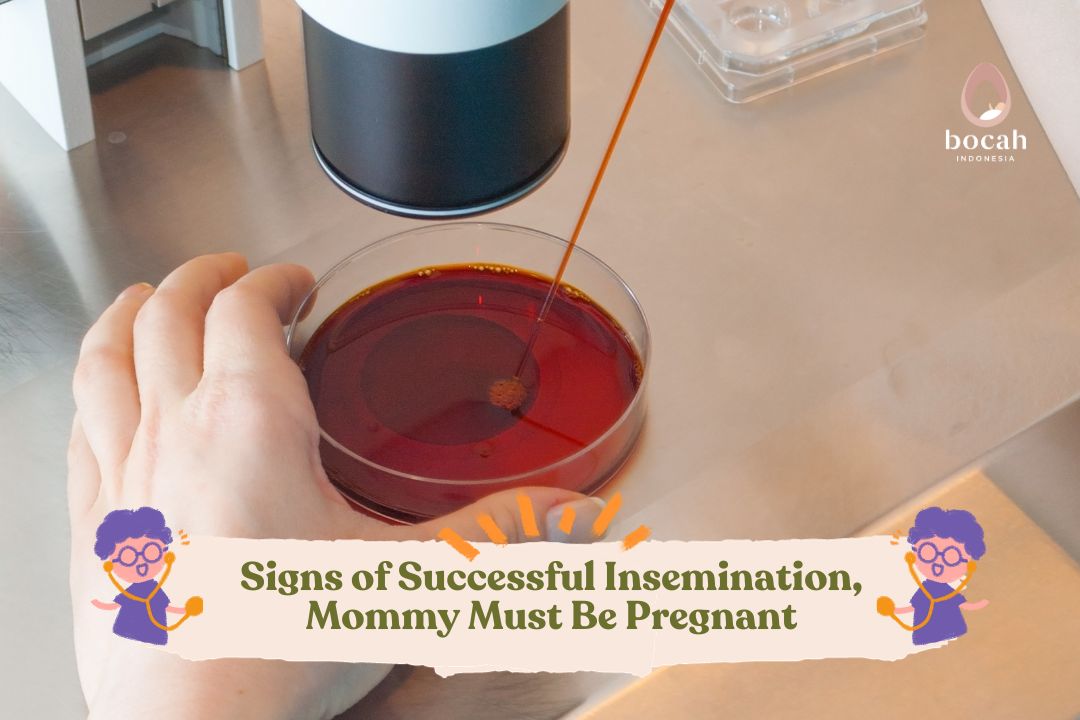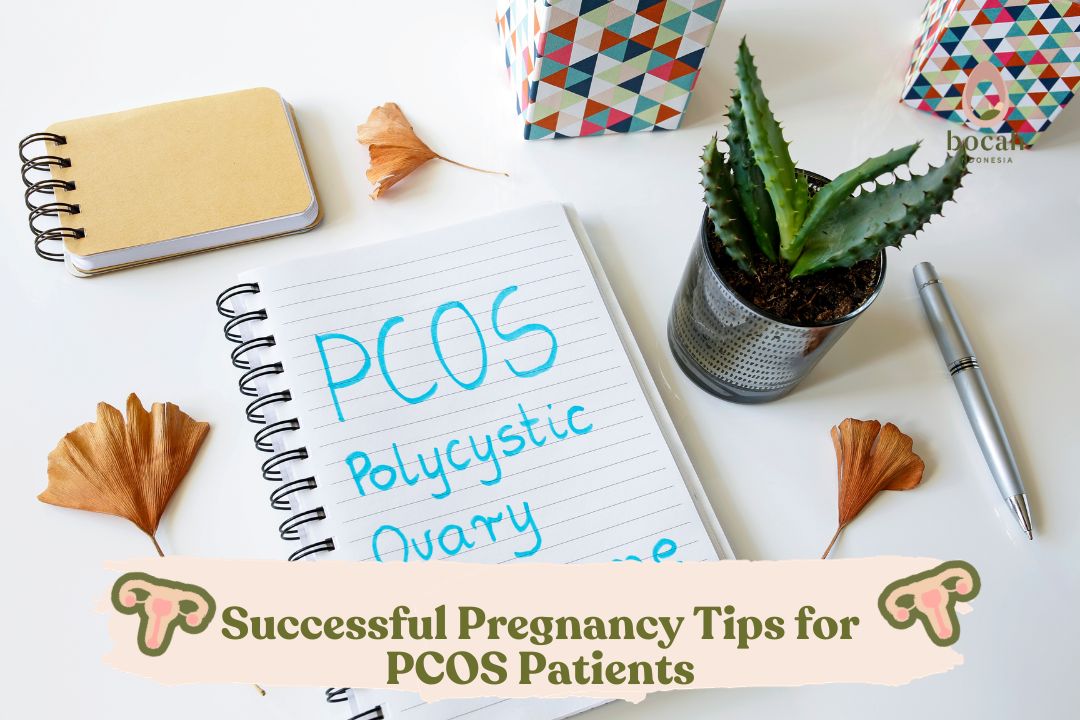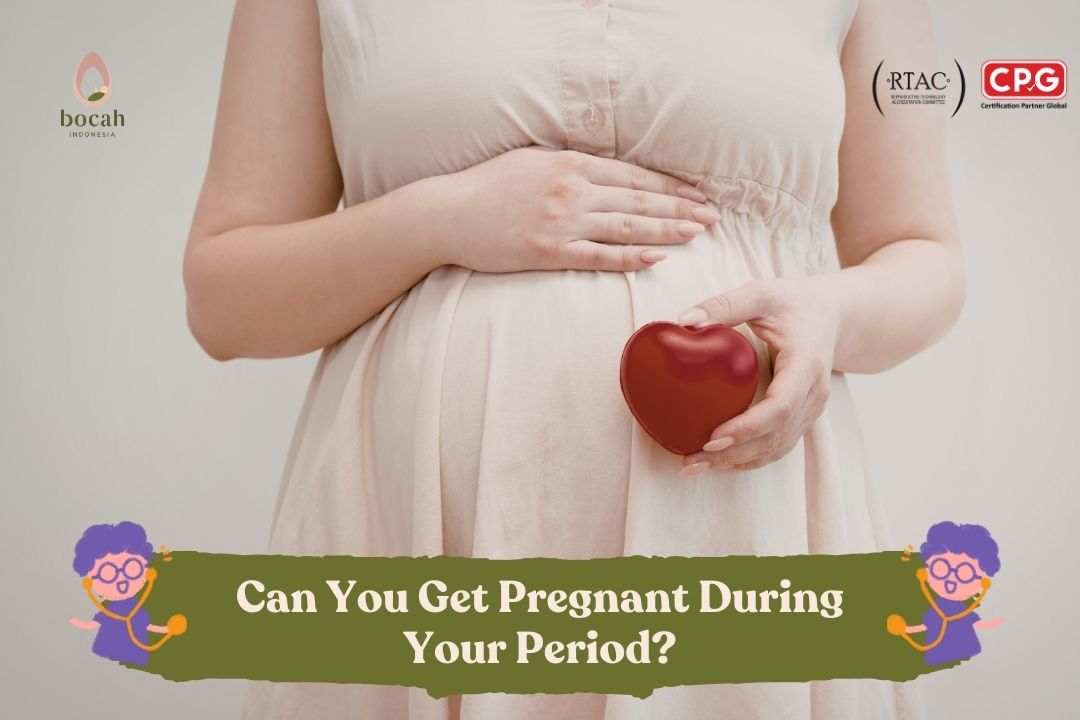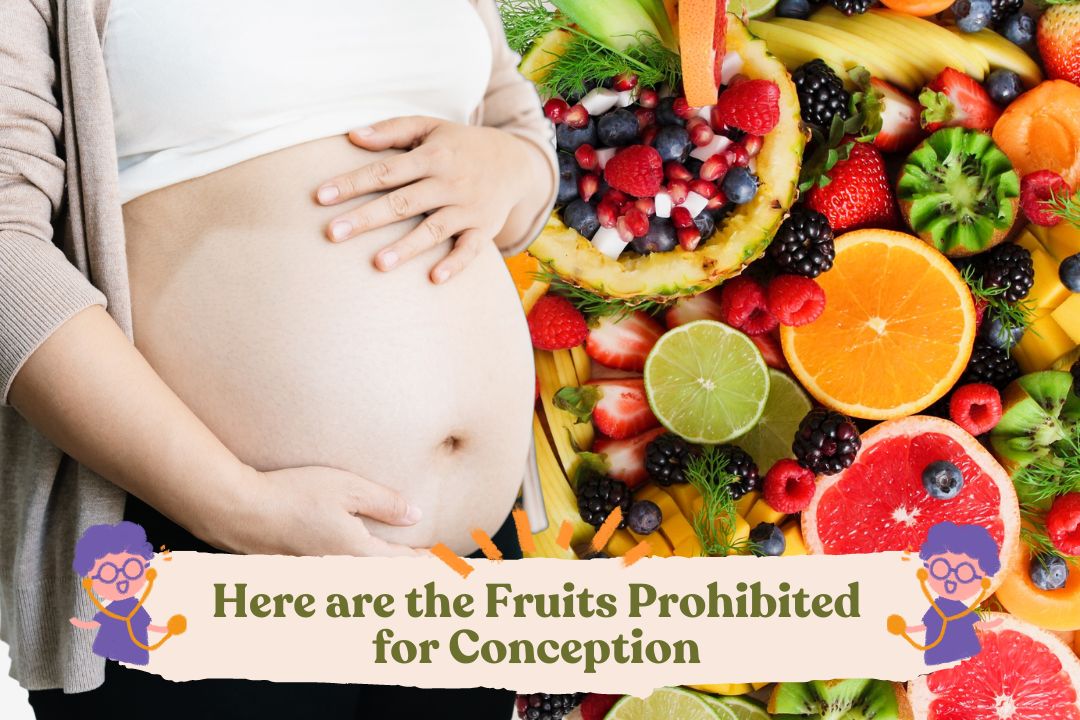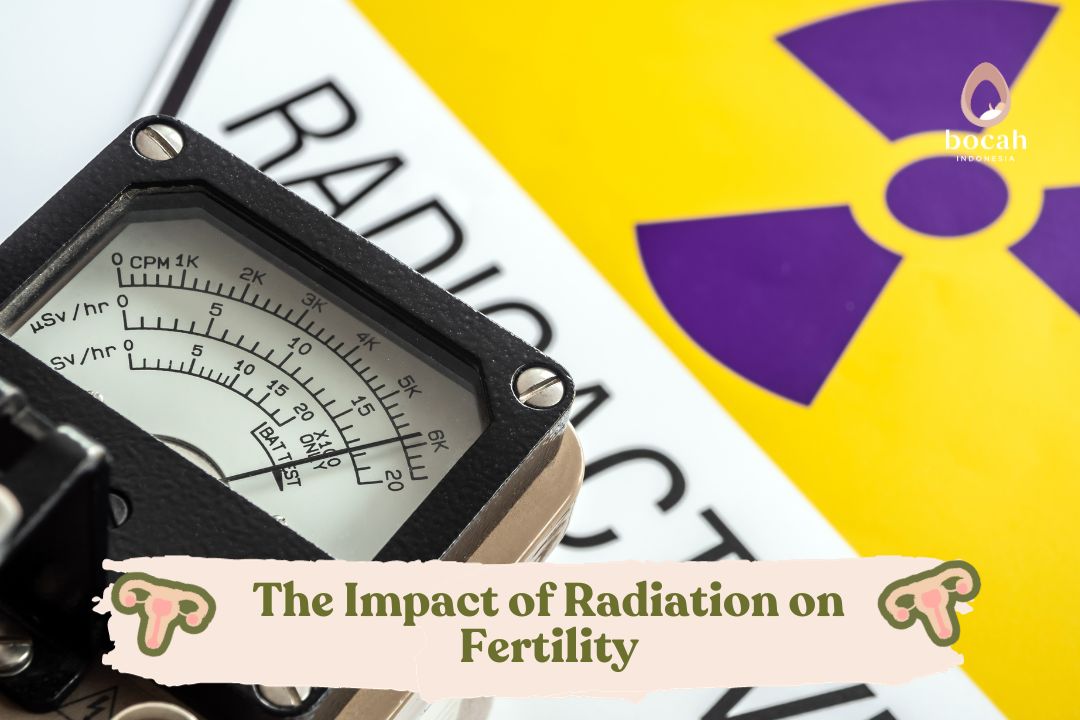5 Tips for Successful Conception, Moms-to-Be Get Pregnant Quickly
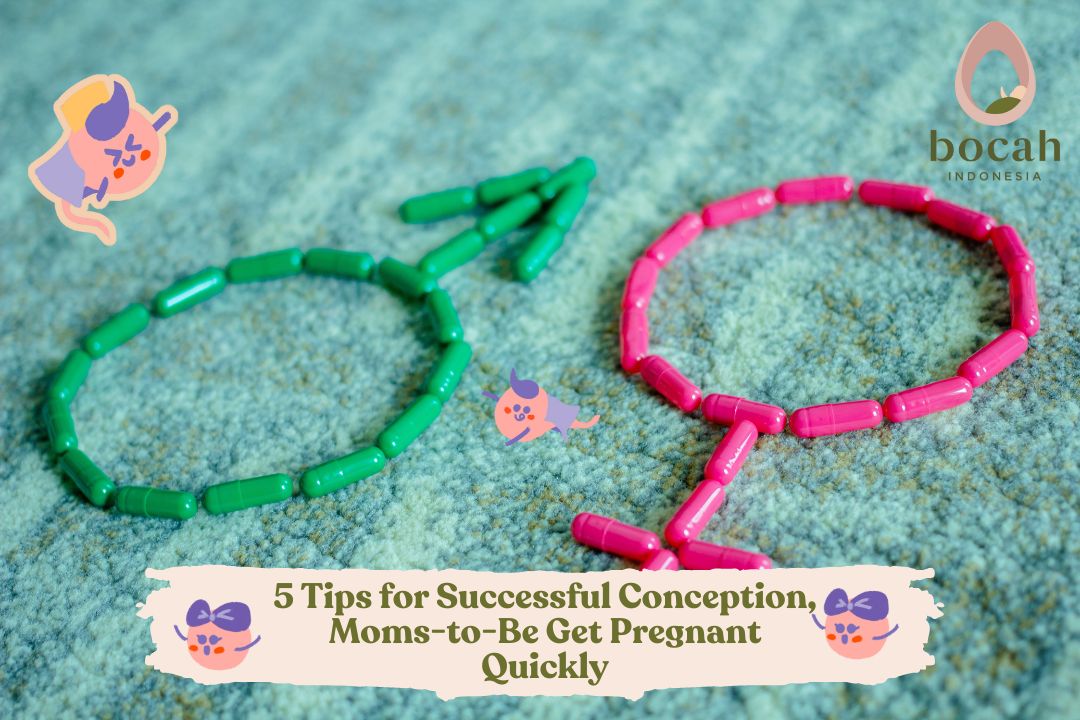
For married couples planning to conceive, successful conception is a highly anticipated outcome. Achieving pregnancy involves more than just regular sexual intercourse. It requires a healthy lifestyle as a supporting factor for conception.
Pregnancy occurs when an egg is fertilized by sperm. When fertilization is successful, the fertilized egg forms an embryo. Subsequently, an implantation process occurs.
What Should You Do to Ensure Successful Conception?
Various methods are employed by couples awaiting the arrival of a child. The chances of pregnancy can increase if you and your partner pay attention to several factors to ensure successful conception.
1. Stop using contraception methods
One way to ensure successful conception is to cease the use of contraception methods such as birth control pills, condoms, birth control injections, intrauterine devices, or implants. This is essential to enhance your chances of pregnancy.
You need to stop using contraception methods several months before embarking on a pregnancy program. This is because if you’ve been using oral contraception for an extended period, your body will need time to begin regular ovulation again.
Tanya Mincah tentang Promil?
2. Identify the fertile window
The fertile window occurs around the ovulation day. This period spans from around day 12 to day 16 before the next scheduled menstrual cycle. If you want to determine when the fertile window occurs, the first thing to do is note the day your menstrual cycle begins.
During this fertile window is when conception is most likely to occur. Therefore, if you can identify your fertile window, you and your partner can plan sexual intercourse around that time.
3. Increase the frequency of intercourse
One factor that can enhance the chances of pregnancy is engaging in sexual intercourse at least 2-3 times per week. A study published in the journal Fertility and Sterility indicates that sperm quality is better when collected every 2-3 days without sexual intercourse.
However, another study in the same journal suggests that having intercourse every 1-2 days can increase the likelihood of successful conception. It’s advisable to discuss the frequency of intercourse with your partner to ensure it aligns with both your comfort levels.
4. Maintain a healthy lifestyle
Apart from increasing the frequency of intercourse for successful conception, adopting a healthier lifestyle is also crucial. You can start by maintaining a healthier diet, engaging in regular exercise, managing your weight, limiting caffeine consumption, and quitting smoking.
Excess body weight or being underweight can affect fertility. Smoking, on the other hand, can raise the risk of infertility and even miscarriage. Additionally, smoking can decrease sperm quality. Meanwhile, excessive caffeine consumption can reduce fertility levels.
5. Consume vitamins
One factor that can aid in successful conception is the consumption of vitamins or supplements. Some types of supplements that can be consumed include vitamins B, C, D, E, iron, and folate, which can enhance fertility. However, it’s important to consume them in appropriate doses, avoiding excessive intake. Confirming the Success of the Pregnancy Program with Pregnancy Tests
If you want to determine the success of your pregnancy program, you can do a pregnancy test using a home pregnancy test kit. This test can be performed when you’ve missed your menstrual period.
If the indicator on the pregnancy test kit shows two lines, the result indicates a positive pregnancy. This is because the human chorionic gonadotropin (hCG) hormone is detected in the blood and urine. When the pregnancy test shows two positive lines, you can proceed to visit a specialist obstetrician for further examination.
So, those are several methods to increase the likelihood of successful conception. However, if a married couple hasn’t achieved pregnancy after attempting these methods for a year, it’s advisable to undergo fertility testing. There’s no need to worry about undergoing fertility testing as it can provide insights into the fertility conditions of each partner.
Source:
- Jurema, M. W., et al. (2005). Effect of ejaculatory abstinence period on the pregnancy rate after intrauterine insemination. Male Factor| Volume 84, Issue 3, P678-681, September 2005.
- Levitas, E., et al. (2005). Relationship between the duration of sexual abstinence and semen quality: analysis of 9,489 semen samples. Male Factor| Volume 83, Issue 6, P1680-1686, June 2005.
- The American College of Obstetricians and Gynecologists. Treating Infertility.





